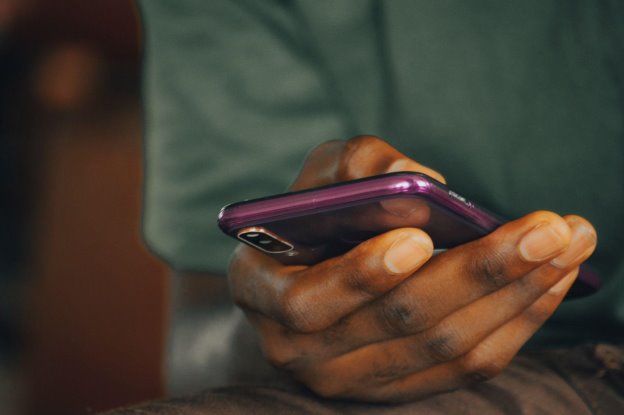Fintech
Mobile Payments in sub-Saharan Africa Are Predicted to Grow by Over 60% in the Next 5 Years

The total value of mobile money transactions in emerging markets is predicted to exceed $870 billion in 2026; this growth tendency can also be seen in sub-Saharan Africa, where mobile payments are expected to grow by over 60% in the next 5 years. Seen as one of prominent payment trends in emerging markets for 2022, the popularity of mobile payments is emphasizing the importance of Local Payment Methods, and could open up the African market to a number of global e-commerce opportunities.
Mobile payments as a Local Payment Method (LPM) appeared in the sub-Saharan region in the early 2000s with Safaricom, a Kenyan mobile network operator, offering one of the first mobile payment solutions. The importance of this LPM only grew with new players and more regional countries entering the space. While mobile payments were not automatically available to each sub-Saharan country, as some still lacked technical solutions, it has become a widely spread trend that continues appearing in more African countries.
Frank Breuss, CEO of Nikulipe, a Fintech company creating and connecting Local Payment Methods to access Emerging and Fast-Growing Markets, notes that this payment trend has grown popular due to the particular circumstances sub-Saharan Africa is in.
“More than half of the African population remains without a traditional bank account even today, so solutions like mobile payments are most convenient for the region,” explains Breuss. “Mobile phones are widely available across the region, making mobile money payments the primary way for Africans to pay for goods and services like groceries, food delivery or taxi rides, or even utility bills.”
Breuss continues, adding that mobile phones in Africa are used in a very different way than they are in the US or Europe; they are often not based on monthly subscription models, but rather balances are topped up by purchasing prepaid airtime credits, that can be purchased at thousands of shops or agent-kiosks even in the most rural areas.
“This allows people, even those without a bank account or a credit card, to buy phone credits not just to make calls, but also to top-up their phone to pay local merchants for goods and services—logistically, it’s the simplest and most convenient LPM to use. Knowing all of this, understanding why mobile payments are popular in this region can, in turn, open up more global e-commerce opportunities for both international merchants and African shoppers, looking to shop more globally.”
Since much of Africa’s population has limited access to financial services, the continent is regarded as one of the world’s most attractive banking opportunities for developing the existing financial industry and introducing new products to improve financial accessibility. After previously disregarding mobile money’s target market in favor of Africans with higher income, Africa’s traditional banks are, too, looking into entering telecommunications territory. This move by local banking institutions indicates that the mobile payments market will continue growing in the upcoming years.
While mobile payment penetration varies from one sub-Saharan African country to another, at the end of 2020, 495 million people were using mobile services, which represents 46% of the region’s population. It is predicted that by 2025 this number will reach 615 million—equivalent to 50% of the region’s population. This shows that Local Payment Methods will remain an important part of not only sub-Saharan Africa’s but also fast-growing and emerging markets e-commerce growth.